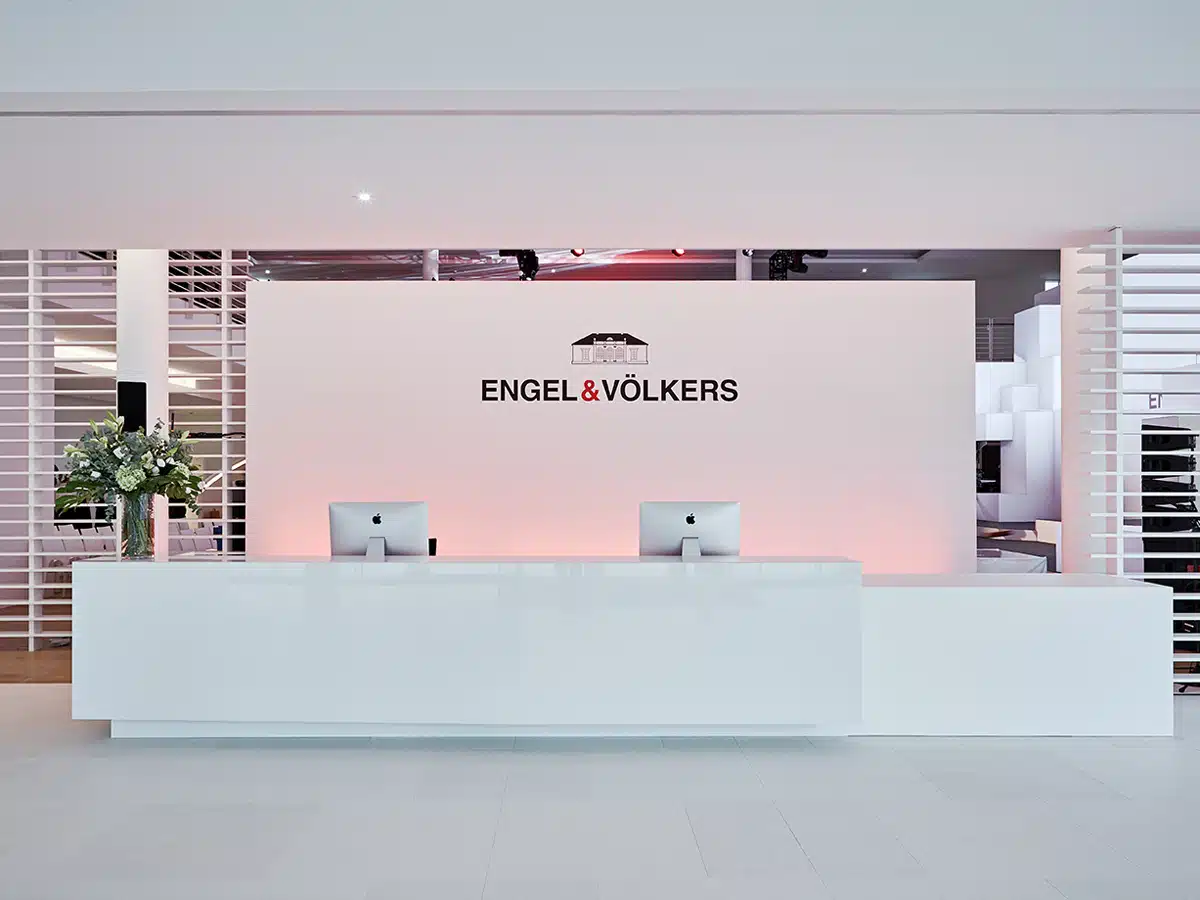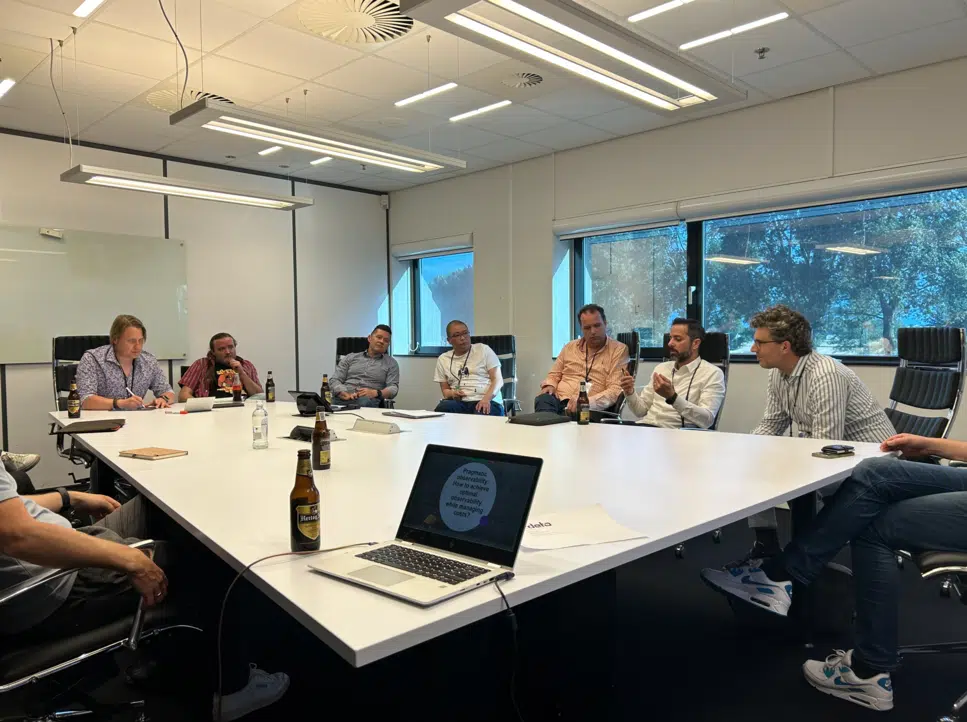We recently spoke with Krishna Patel, Senior Manager Talent Acquisition @ Tandem Bank as part of our #TalentQA series where we interview leaders in talent management and recruitment from a range of businesses from tech startups to well-known fashion brands.
Krishna talks about his experience with starting his own businesses, the benefits and challenges of working for startup businesses, the differences between internal and agency recruiters and gives his advice to others navigating the ever-changing world of recruitment.
Third Republic (TR): To kick us off, could you explain a bit about your time in the talent acquisition industry and how you got to where you are today?
Krishna Patel (KP): I started my journey in 2006 as a contract recruiter in IT, recruiting Testers and .Net Developers. I didn’t know anything about the industry when I started so had to learn everything from scratch. Eventually, I moved from the west-midlands to London to work with a startup agency that now has 5 offices.
When I started out, I was like a sponge, just learning as much as I could and working hard. In one of my first roles, we had a great 12-week training program that literally taught everything that was needed to be a successful recruiter.
I then got into a management role at quite a young age, and then when the recession hit, I was lucky enough to get an opportunity in Dubai as an internal recruiter for a global business where I was in charge of 6 different offices for talent acquisition and HR. I had some great mentors during this time including some really high-level stakeholders in the business, this helped me to learn a lot about business acumen as well as recruitment.
Eventually, I set up an agency on my own. This decision wasn’t about money, it was about doing things on my own and how I thought was right. My business partner and I scaled the business up and eventually sold and I moved back to the UK.
After a while at a corporate recruitment agency role back in the UK, I realised that I wanted a change and was approached about the role with Global M and Tandem Bank and I’ve been doing that ever since.
TR: You have successfully set up and scaled a few firms, could you talk to us about your experiences of starting a business and the challenges of finding talent for new businesses?
KP: When we started the recruitment company, it was initially about two recruiters wanting a bit more freedom and offering our clients and candidates a new agency that operated differently to all the others they were used to.
We learned very quickly that it was important for us as a business to have our employees out meeting people. Setting up and scaling a recruitment firm isn’t all about sitting behind a desk for 12 hours a day, it was about getting out there meeting people – brand awareness.
One of the key challenges was finding the right people to join the business. The company I had that didn’t do so well, we just hired too many of the wrong people, that were there for the wrong reasons.
It’s important to hire people who have the same beliefs as you. It was essential for us to hire people with a similar vision and passion for what we did.
TR: As well as starting your own businesses, you’ve been working in recruitment for around 14 years, could you talk us through some of the changes you’ve seen to the industry during that time?
KP: When I started there was a very obvious emphasis on cold-calling and spec’ing CVs – it was a very salesy environment. Don’t get me wrong, to some extent it still is but within the industry, everything has become a lot softer. It’s all about building relationships now and understanding client and candidate needs – the candidate experience is key!
More recently there’s a huge focus on the value you can add to your customers. Whether that’s hosting events and meetups for the communities you work in, posting insightful blogs, videos, and even podcasts. It’s completely different in that respect, the evolution of the internet has definitely altered the industry a lot.
I’ve actually seen an increase in the number of agencies and in-house recruiters using Instagram as a tool for hiring. Instagram stories reach such a large amount of people nowadays, that I see this becoming a movement – I wouldn’t be surprised when we see the first influencer in the talent acquisition space.
TR: Have you recognised a change in candidate behaviours throughout your time in the industry?
KP: I think before it was a lot about salary and the company you worked for. Whereas now, specifically within the tech industry, the growth in tech is so high, that salaries are no longer the selling point. It’s become all about company culture, diversity and work-life balance.
When it comes to tech talent, the salaries are becoming less and less of a focus because there is such a small pool of talent that there really isn’t much difference in the salary companies can offer. This type of in-demand talent want to be sure that the role on offer will provide them with opportunities to develop and learn, flexibility, great company culture and a balance between their working life and personal life.
More and more candidates are using social media platforms such as Instagram, YouTube and reviewing sites like Glassdoor to help them explore a company’s culture and what it’s like working for that company before joining.
TR: How do you believe businesses can best react to these changes?
KP: For me, I have seen more and more companies starting to really listen to their employees and placed a focus on how to improve their lives at work. It’s key to value the talent that you have and really listen to the issue that they have and take action on these.
I think it’s also important for businesses to look for talent in different ways and be more innovative when it comes to engaging technical talent. People are getting headhunted every day, so it’s important for internal and agency recruiters to stand out against this noise by offering something different and adding value to clients and candidates.
TR: Could you explain some of the benefits and challenges recruiters and talent teams face working in a startup environment?
KP: Starting with benefit s – for someone like myself who is quite experienced in recruitment, it’s a great experience to get to manage the whole process from scratch. You’re likely to have the ability to choose the tools you work with and don’t have too many hoops to jump through in order to get things done.
Some of the challenges can be that it’s likely the management team will be made up of fairly young businesspeople, and some of these people might be managers for the first time. Based on this, it’s important to remember to communicate with your managers and manage expectations. Don’t be afraid to ask questions and make suggestions. The likelihood is that within a startup environment your ideas will have a lot more influence.
TR: What sort of strategies do you adopt in terms of attracting, engaging and securing technical talent at Tandem Money?
KP: We still use some of the basic methods, so, advertising jobs online, LinkedIn, etc. However, we’ve moved a lot more into hosting events and pushing out content in the form of blogs and videos.
For us though, the biggest thing that works is our internal referral scheme. I’m a big advocate of this! If you have a team of developers, why would you not tap into their network and have them help you when it comes to talking about the business and engaging technical talent?
A lot more should be done to emphasise the importance of employee referrals. Once you get people excited about the business plans for growth, it’s a lot easier to get buy-in and that’s when you’ll start seeing some great results.
TR: Do you believe there are differences between talent and recruitment teams in terms of the work they do when it comes to sourcing, engaging and securing new talent?
KP: I think because I was an agency recruiter for years, I really understand the benefits that having a PSL and working with agencies to source talent can provide.
Saying that I think that something that in-house teams have over agencies is the fact that they are able to sell the business and the teams that candidates will be joining in a more genuine way. They have first-hand experience working for the company, so their insights are a lot more valued than agency descriptions of a firm.
I feel as though internal recruiters have a lot more credibility – which is a challenge that agencies have to accept and prove to clients and candidates that they are specialists in their market and are credible professionals.
TR: Would you say that being a recruiter in today’s increasingly digital age requires more advanced relationship and people management skills?
KP: Definitely, but I’d also say that this was present back when I first started out as well. Relationship building is key to being successful as a recruiter, and even more so now when the candidate and client experience is key!
I think now, more than ever, being a specialist in the industry you work in is key. Clients and candidates want to speak with recruiters who know their markets and can offer them insights into the markets they’re working.
TR: Finally, what advice would you offer to talent professionals in order to keep up to date with the ever-evolving world of recruitment?
KP: It’s very important to evolve and not get stuck in your ways. It’s essential to be open-minded and embrace the various technologies that can help you do your job and streamline processes.
Networking is also key! Learn from your network, share your experiences. Getting yourself out there and creating solid relationships will almost certainly guarantee your success.
It’s important to recognise your individual brand as a recruiter, our role has definitely evolved – now you’re wearing many hats: recruiter, marketer, social media guru. It’s essential to recognise that you’re not just there to deliver CV’s.
If you’d like to take part in our #TalentQA series or you’re looking to source technical talent, get in touch today!




